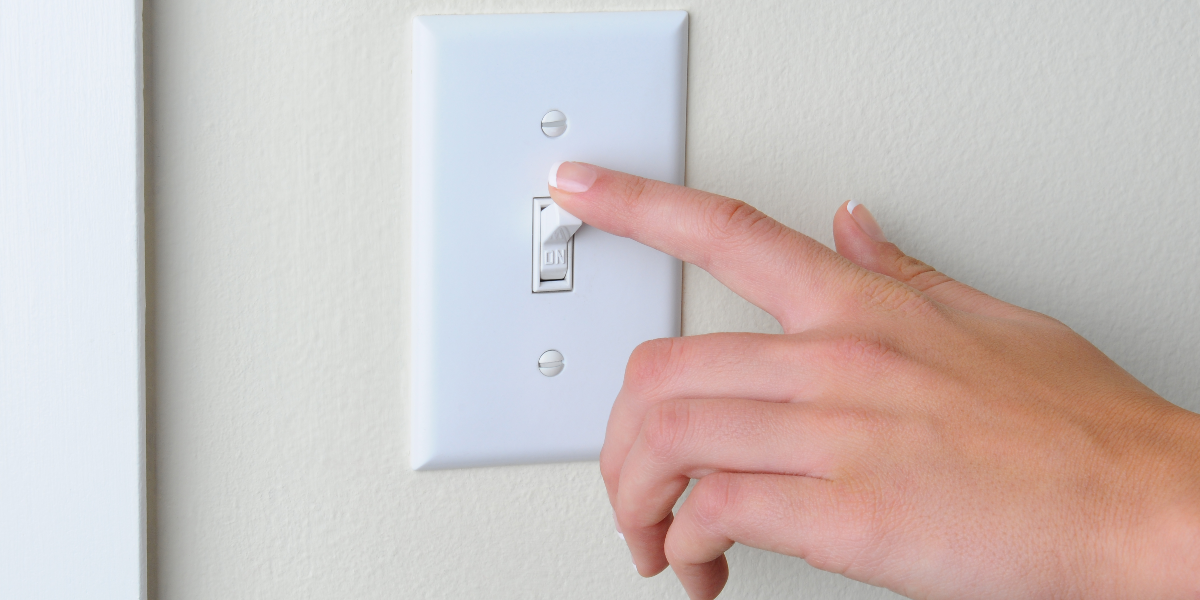According to the Energy Information Administration, the average U.S. household will spend $122 per month on electricity in 2021.

High energy bills have left people looking for ways to save money – but should you run appliances at night? (Photo: Alliance to Save Energy)
Fortunately, you can use various methods to reduce your bill – but you should also be aware of the risks. Many utility companies charge higher rates during peak hours. They are unlikely to occur during regular business hours when electricity is the most expensive. For example, Con Edison in New York defines off-peak hours between 8 a.m. and 10 p.m.
Schedule your appliances to run in the evenings and early mornings to make the most of off-peak hours. Because of the fire risk, it is critical not to leave devices running while sleeping.
While you can’t stop your refrigerator from running during peak hours, you can plan your laundry and dishwashing times to get the most out of your energy use.
You could also consider running them on weekends. This is also a non-peak hour, so you should still save money on your bill. To save more money, unplug any appliances that aren’t in use.
Lowering your thermostat during peak hours and putting your appliances into sleep mode can effectively minimize consumption. Doing these actions will be beneficial in the long run.
Other Ways to Save Money on Your Energy Bill
Try to keep your lights on as little as possible. This includes utilizing natural sunlight as possible. LED lights are preferred over incandescent lights during the holiday season since they are more energy efficient.
According to the Cold Water Saves Organization, washing with cold water can save you more than $200 per year. Also, hiring a professional home energy auditor will tell you about your energy consumption and how to save in the future.
One home improvement expert shared a simple free fix to keep your home warmer this winter without increasing energy bills by switching energy suppliers.
Ever-rising energy bills have been a financial burden to many, but with these ways, you can efficiently save extra money and use for other purposes.
















